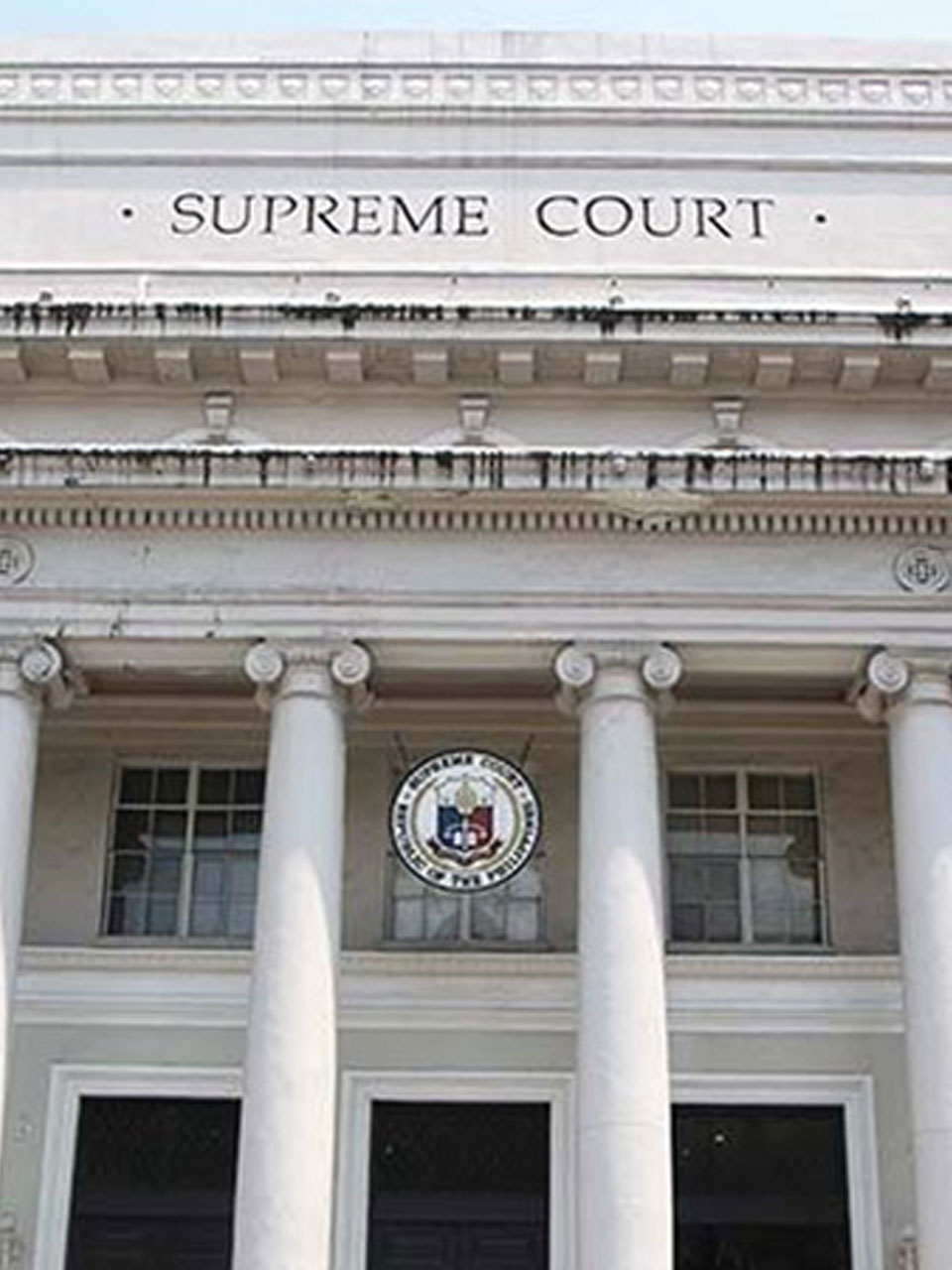For best experience, use Nutshell app on your smartphone.
4:35 pm on 11 August 2022, Thursday

By: Antonio Hernandez
The Supreme Court (SC) sided with the Filipino Society of Composers, Authors and Publishers Inc. (FILSCAP) over its member-artists copyrighted works as it reversed and set aside the rulings denying the group's right to collect license fees and or royalties over such works.
In a decision penned by Associate Justice Rodil Zalameda, the Court en banc ordered respondent Anrey, Inc.(Anrey) to pay FILSCAP ?10,000.00 as temperate damages for the unlicensed public performance of the copyrighted songs on FILSCAP's repertoire and ?50,000.00 as attorney's fees, plus interest at the rate of 12% per annum from September 8, 2009, until June 30, 2013, and after that, 6% per annum from July 1, 2013, until the finality of the Court's judgment.
"Such amount shall be subject to interest at the rate of 6% per annum reckoned from the date of finality of this judgment until fully satisfied," the SC said.
The Court also ordered that a copy of the decision be furnished to the Intellectual Property Office of the Philippines for their guidance and information, as well as to the House of Representatives and the Senate of the Philippines as reference for possible statutory amendments to the Intellectual Property Code without violating the State's commitments under the Berne Convention and the Trade-Related Aspects of Intellectual Property Rights (TRIPS) Agreement.
The Berne Convention provides that authors of musical works shall enjoy the exclusive right of authorizing their works' public performance, including the "public performance by any means or process" and "any communication to the public of the performance of the works."
On the other hand, TRIPS Agreement incorporates by reference the provisions on copyright from the Berne Convention.
In its petition for review on certiorari under Rule 45 of the Rules of Court, FILSCAP sought to reverse and set aside the Court of Appeals (CA) rulings which affirmed the decision and order of the Baguio City Regional Trial Court Branch 6 dismissing the complaint filed by FILSCAP.
The case started when a FILSCAP representative monitored between July and September 2008 that the branches of Sizzling Plate Restaurant along Session Road and along Abandon Extension in Baguio City, both of which were owned by respondent Anrey, played copyrighted music owned by FILSCAP.
FILSCAP wrote the restaurants several letters informing them that the unauthorized public performance of copyrighted music amounts to infringement and urging them to secure licenses from FILSCAP to avoid prosecution.
FILSCAP then filed a complaint for copyright infringement against Anrey before the RTC.
In its answer to the complaint, Anrey denied playing any copyrighted music within its establishments and claimed that its establishments played whatever was being broadcasted on the radio they were tuned in.
The RTC dismissed FILSCAP's complaint for lack of merit, prompting the latter to ask for a reconsideration of the ruling.
After it was denied, the group elevated the case to the CA, which also dismissed its motion.
Subsequently, FILSCAP went to the SC, which ruled in its favor as it upheld the group's legal standing to sue for copyright infringement.
The Court said it was evident that the first element of copyright infringement has been satisfied: that FILSCAP has the authority to collect royalties and/or license fees and sue for copyright infringement.
Citing US jurisprudence, the Court held
that the act of playing radio broadcasts containing copyrighted music through the use of loudspeakers (radio-over-loudspeakers) is, in itself, a performance.
The Court was also not persuaded by Anrey's contention that it is exempt from securing a license since the radio station that broadcasted the copyrighted music already secured one from FILSCAP.
It held that a radio reception creates a performance separate from the broadcast, otherwise known as the doctrine of multiple performances, which provides that a radio or television transmission or broadcast can create multiple performances simultaneously.
"Thus, on whether the reception of a broadcast may be publicly performed, it is immaterial if the broadcasting station has been licensed by the copyright owner because the reception becomes a new public performance requiring separate protection," it added.
Further, the Court held that radio reception transmitted through loudspeakers to enhance profit does not constitute, and is not analogous to, fair use.
"In the case at bar, the reception was transmitted through loudspeakers within Anrey's restaurants. While Anrey does not directly charge a fee for playing radio broadcasts over its speakers, such reception is clearly done to enhance profit by providing entertainment to the public, particularly its customers, who pay for the dining experience in Anrey's restaurants," it said.
The Court held that the free use by commercial establishments of radio broadcasts is beyond the normal exploitation of the copyright holder's creative work, adding that denying FILSCAP plea would gravely affect the copyright holder's market where instead of paying royalties, they use free radio reception.